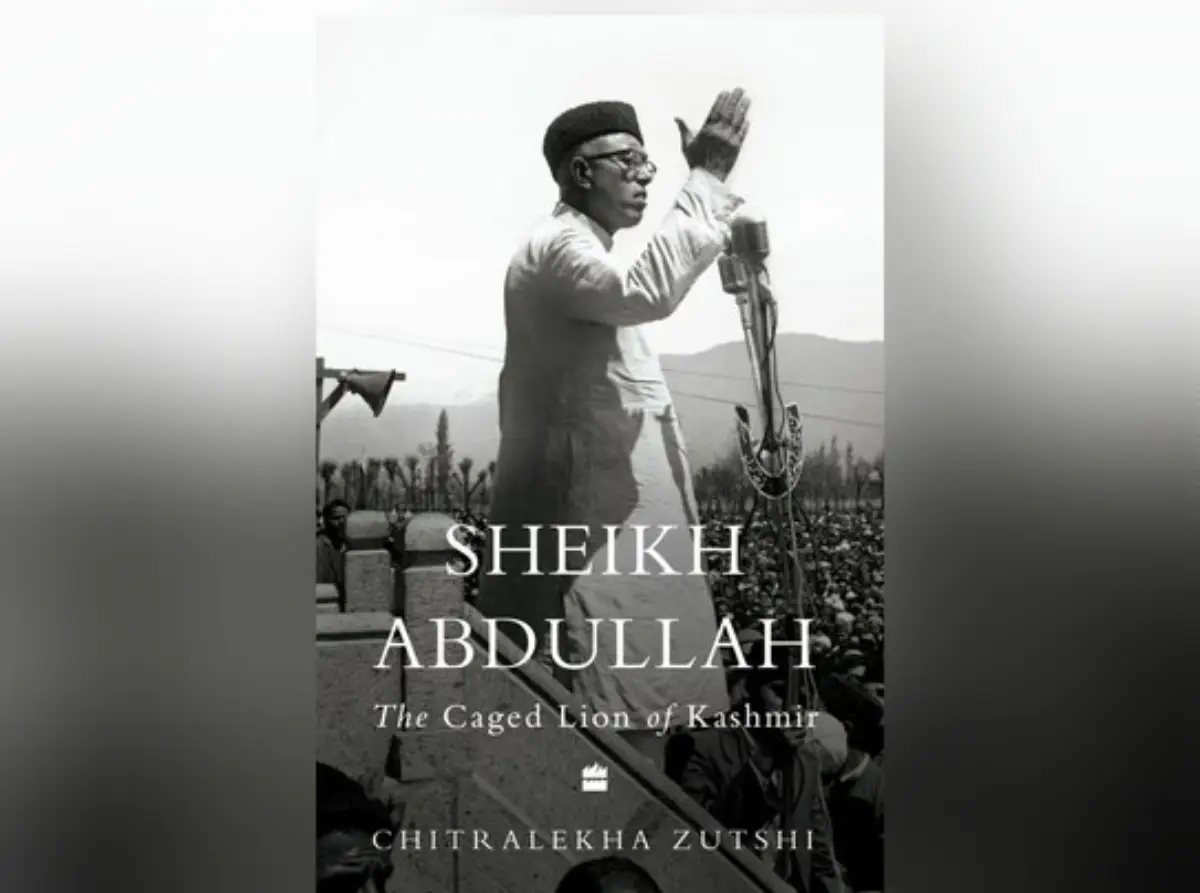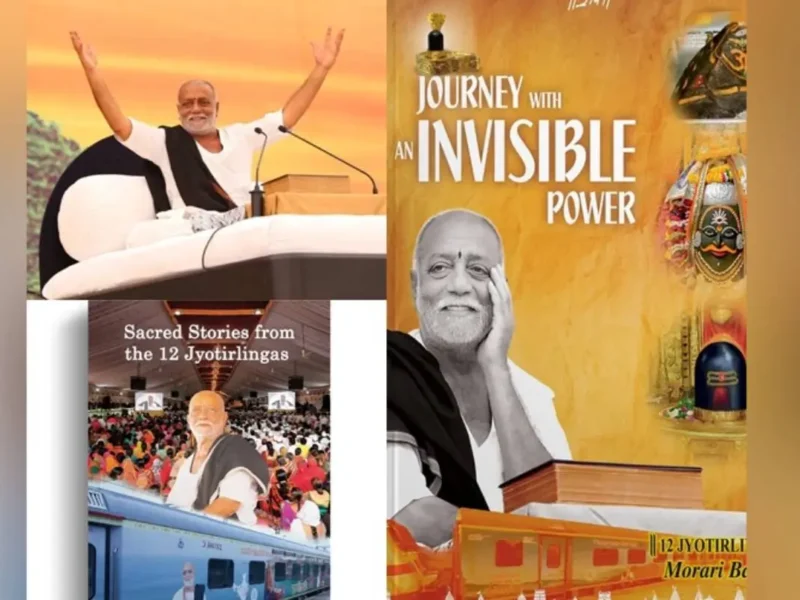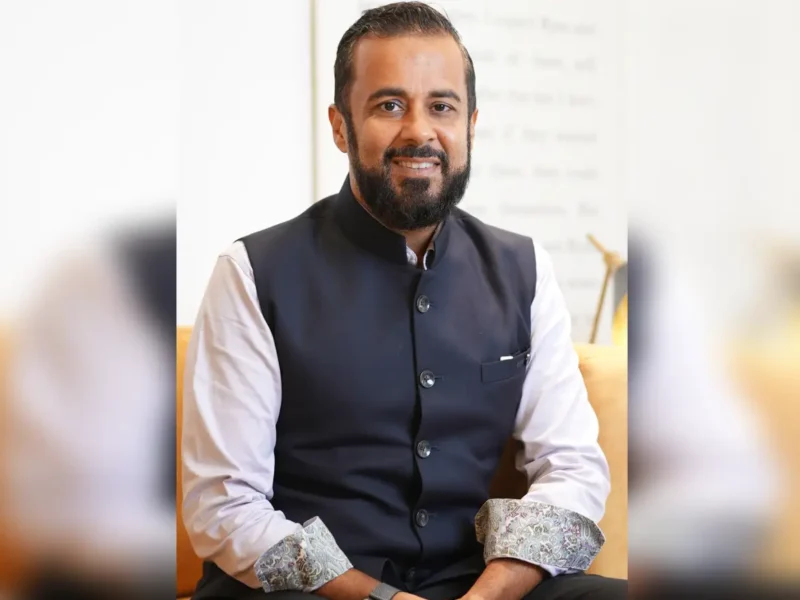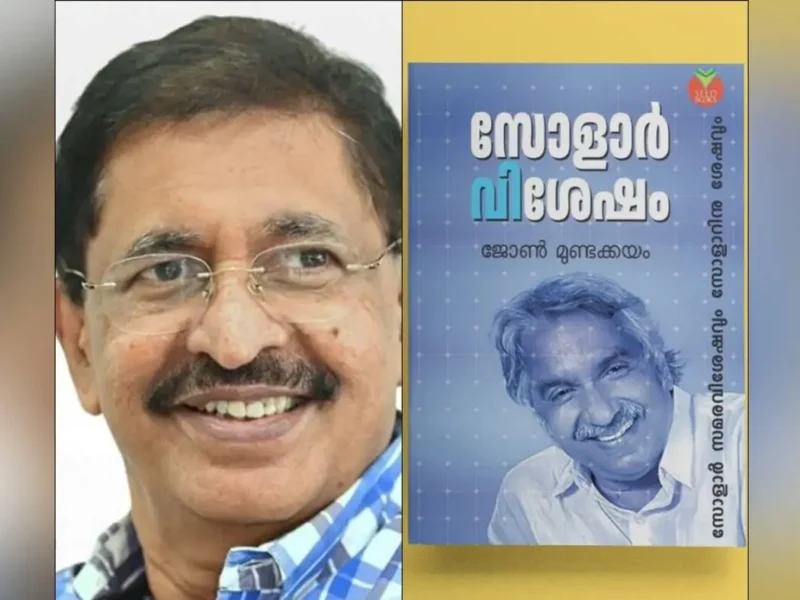
Virginia Professor’s Book On Sheikh Abdullah Is Richly Researched
NEW DELHI, (ANI) – The Kashmiri leader Sheikh Muhammad Abdullah (1905-82) is one of the best-known and most controversial political figures of twentieth-century South Asia. A fierce Kashmiri nationalist, Abdullah is best remembered for opposing the Dogra monarchy’s exploitative economic and political system; securing Jammu and Kashmir’s accession to India in 1947; passing revolutionary land reforms as Prime Minister of J&K; and later for championing the cause of Kashmiri self-determination–as a consequence of which he was imprisoned for two decades–before coming to terms with the Indian government in 1975. He has been alternatively celebrated as a patriot and reviled as a traitor in Kashmir, in India and in Pakistan.
‘Sheikh Abdullah: The Caged Lion of Kashmir’ is a richly researched and elegantly crafted biography by renowned historian Chitralekha Zutshi and transcends these labels by placing Abdullah’s life in the context of critical global developments in the twentieth century.
Zutshi is a Professor of History at William & Mary, Virginia, where she specializes in the history of South Asia and the Indian Ocean World.
She deftly illustrates how his political trajectory–forged in the inequities of the princely state system and burnished in the flames of anti-colonial nationalism, Islamic universalism, socialism, communism, secularism, communalism, federalism, and the Cold War–embodies the becoming of India itself. Based on new archival sources as well as oral histories, this book is as much a biography of one Kashmiri as that of an entire generation of leaders who shaped the politics and institutions of twentieth-century South Asia.
This is the second book in the Indian Lives series, edited and curated by Ramachandra Guha.
Zutshi says, “Writing a biography of Sheikh Abdullah was a challenging task. This is not only because he is a controversial political figure, but also because, unlike most twentieth-century South Asian leaders, he did not leave behind a sizeable body of writing. Other than his letters, an occasional essay, some speeches, and his autobiography, painting this portrait required that I draw on a much larger collection of sources. These included oral histories, press reports, government documents, visual materials, and the private papers of a slew of individuals who were associated with Abdullah. Thus, I crafted the narrative not from his perspective alone, but from the viewpoint of those around him, who shaped his political life in significant ways. I hope this biography allows readers to appreciate Abdullah’s complexities as a nationalist, a political leader, a revolutionary, a prisoner and a head of state in the context of his engagement with his advisors, well-wishers, critics and interlocutors, as well as the broader canvas of the intellectual and socio-political currents of the global twentieth century.”




